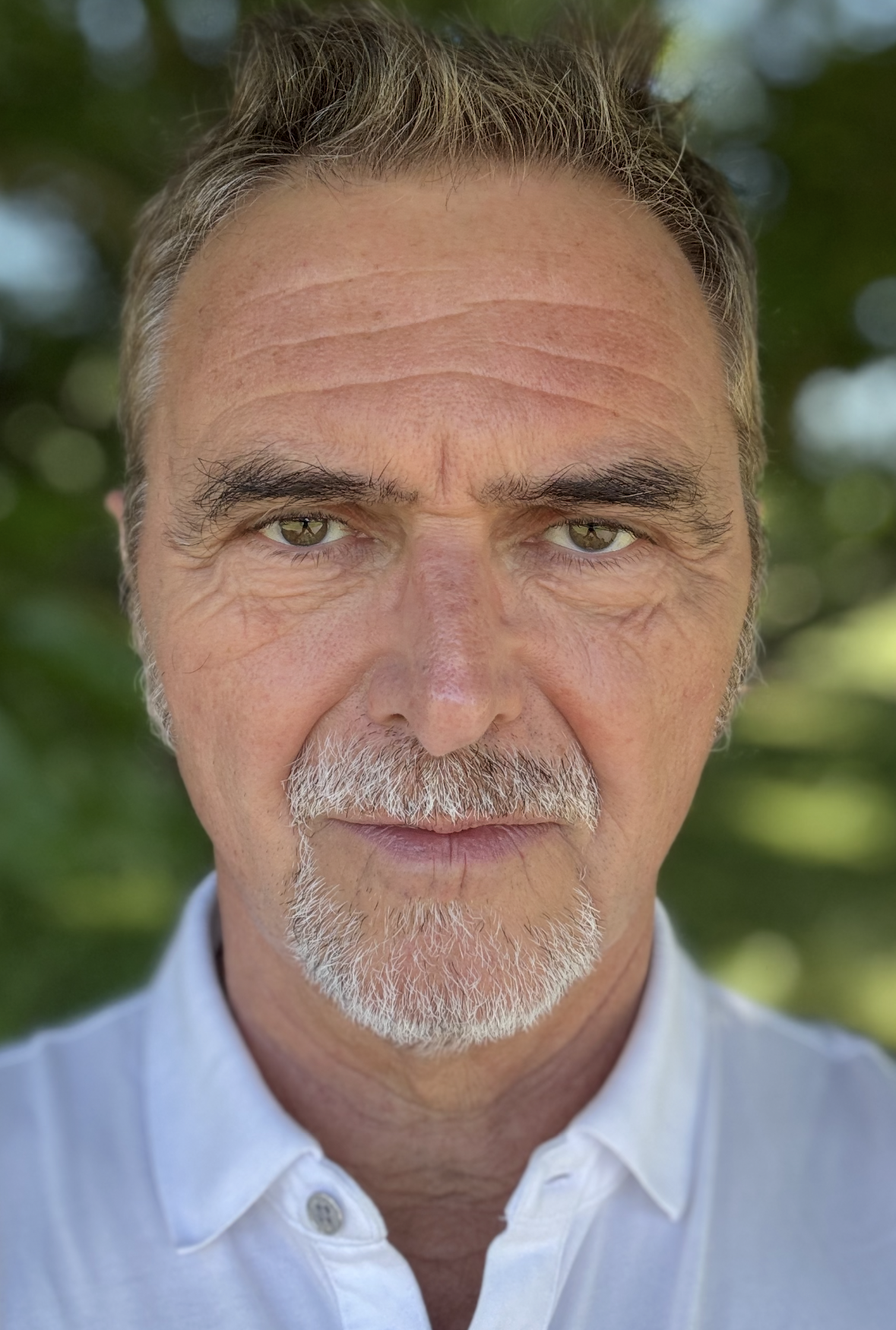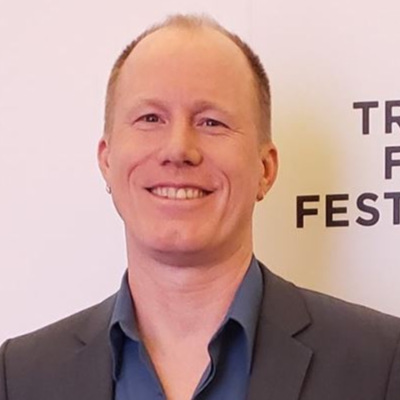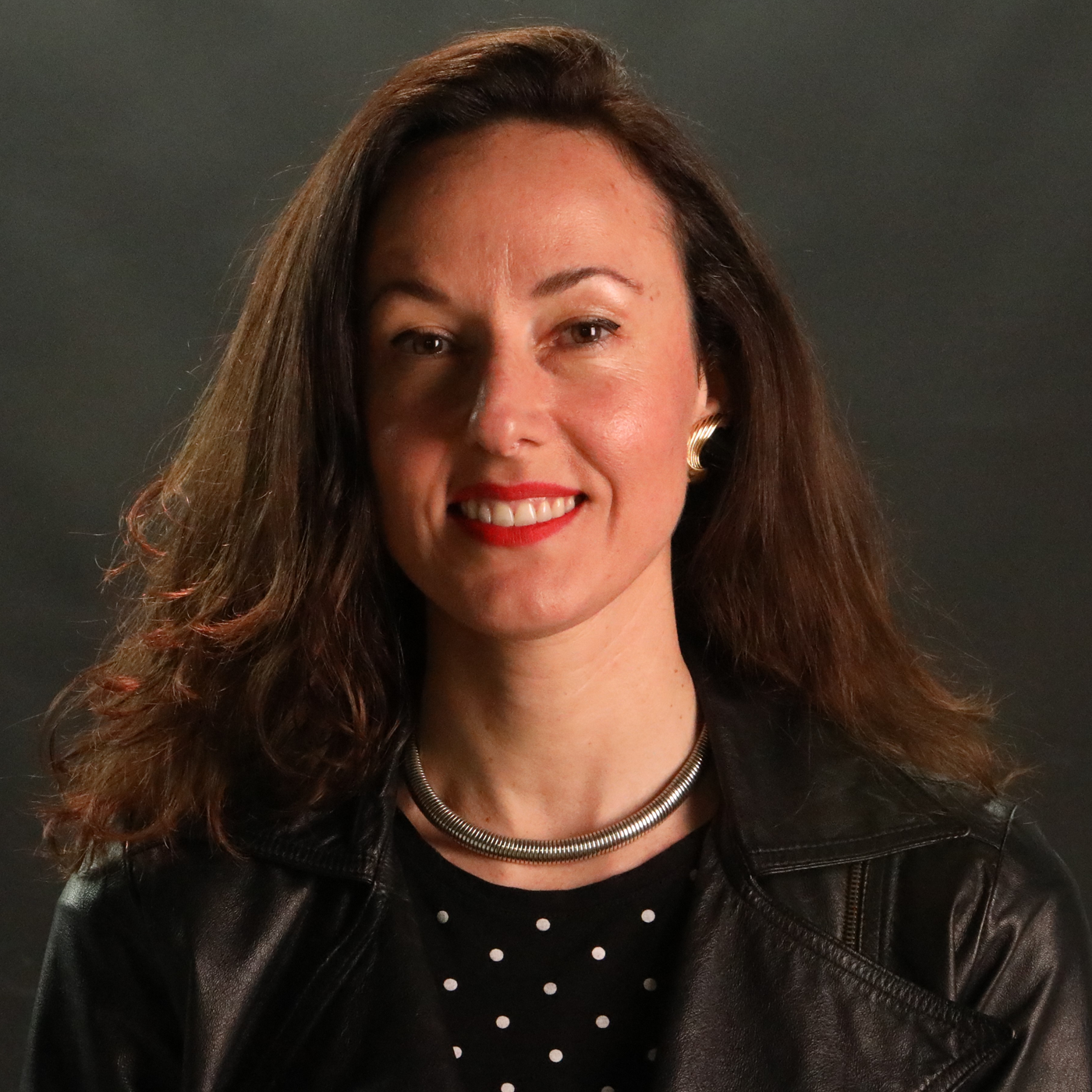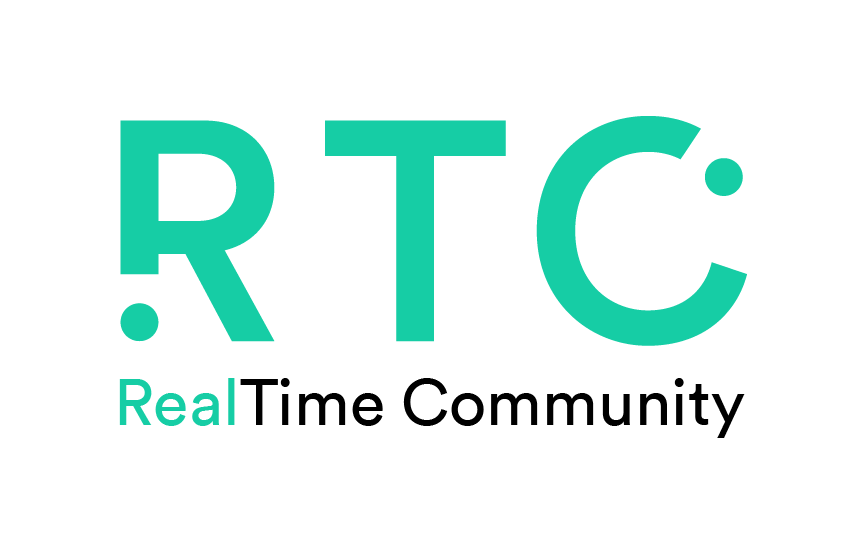
RTC Spotlight Events: Empowering Industry Leaders with Business Intelligence on Real-Time Solutions to Drive Strategic Impact.
RTC Spotlight Events are a new series of in-person, intimate, and collaborative gatherings designed to equip top professionals and decision-makers with actionable strategies for harnessing Real-Time 3D Technologies and AI-Powered RT Solutions.
Education Spotlight 2025 May 28 & 29 Program Page
Shaping the Future of Education with AI & Real-Time Technologies
May 28 & 29, New York
Planet X Studios & School of Visual Arts (SVA)
GenJam
9:00 AM – 3:00 PM
Organized by: Machine Cinema and Fantastic Day
Supported by: Planet X Studios
The GenJam is an interactive workshop where participants collaborate in small groups to create AI-generated art and film projects. Using cutting-edge AI tools, teams will conceptualize, generate, and refine creative content in a supportive environment.
No prior experience with AI tools is necessary — just bring your creativity and a laptop!
Start the day with breakfast and informal networking among AI-Jammers.
9:30 – 9:45 AM | Welcome & Introduction
Opening remarks by:
- Jean-Michel Blottière – Founder & CEO, RTC – The RealTime Community
- Darin Friedmann – CEO & Co-Founder, Planet X Studios
- Christine Marsh – CEO & Co-Founder, Prima Terra Labs | RTS EDU SIG Co-Chair
- Rochele Gloor – Assistant Director for Innovation Technologies at SVA – School of Visual Arts
Justin Suarez – Independent Filmmaker | Creative Partner, Runway
Participants form teams (3–4 people) to begin ideation. This session includes basic AI image generation, prompt engineering, and early content creation.
Teams refine concepts, explore video generation, audio integration, and advanced iteration techniques. Includes technical guidance and creative support.
Final production phase. Teams complete projects and share results with the group for feedback and discussion.
We’ll wrap up with highlights, shared learnings, and gratitude to Machine Cinema for organizing the event.
Conference
8:30 AM – 9:00 PM
Organized by: RealTime Community
Supported by: SVA Graduate Center
As artificial intelligence and real-time tools rapidly reshape creative industries, educators face a pressing challenge: how to adapt, collaborate, and prepare students for a future that’s already unfolding. This Spotlight brings together a dynamic group of educators, technologists, and industry leaders for a full day of focused conversation, practical insight, and cross-sector collaboration. Through thought-provoking talks, hands-on workshops, and real-world case studies, we’ll explore how to evolve curricula, share learning models, and equip students with the adaptive skillsets needed to thrive in an AI-driven world.
This is not just a conference—it’s a working session designed to drive real change.
Detailed Agenda
- Jean-Michel Blottière – CEO & Founder, RealTime Community
- Terrence Masson – Director, SVA Graduate Center | MFA Computer Arts Chair
- Joann Denning – Chair of Art Digital Media and Film Television Diablo Valley College
Host: Rochele Gloor – Assistant Director for Innovation Technologies at SVA – School of Visual Arts
Joann Denning – Chair of Art Digital Media and Film Television Diablo Valley College
Main Takeaways:
Innovative Learning Environment: This generative AI sandbox fosters experimentation, encouraging both students and faculty to test new creative boundaries. Students gain hands-on experience with text-to-text, image generation, video generation, and editing. The format embraces iterative learning and failure as part of discovery.
Framework for Flexibility: The sandbox model provides a replicable framework for courses and workshops that focus on technical exploration and interdisciplinary themes. With its modular structure, educators can substitute tools as technologies evolve, keeping the class structure intact while staying current in the rapidly shifting creative technology landscape.
Real-World Application through Case Study: The framework mirrors real-world production pipelines and encourages critical discourse around the creative use of AI. Purchasing seats vs partnerships is discussed.
Ethical and Critical Engagement: The sandbox emphasizes ethical literacy: students examine bias in datasets, copyright challenges, and authorship questions. This fosters critical thinking and prepares students for thoughtful integration of AI in professional creative practice.
Afternoon Sessions
Facilitator: Lucien Harriot – Mechanism Digital
Facilitator: Brian Pohl – AMGI
Facilitator: Rochele Gloor – School of Visual Arts
Within a supportive environment that prioritizes experimentation, students and faculty gain hands-on experience with up-to-date AI for text, image, and video generation and editing, aligned with the course’s theme. Interdisciplinary collaboration is encouraged. While the framework emphasizes creative and technical development, it also integrates open, non-judgmental discussions around the ethical, legal, and societal dimensions of generative AI, such as bias, privacy, and copyright.
These discussions foster critical thinking and prepare students for the responsible integration of AI into their creative practices. A sandbox-style class can function as either an avant-garde exploration or an introductory experience, depending on the learner’s stage of development and the institution’s level of integration.
The modular structure allows educators to swap out tools as technologies evolve, ensuring the course remains current while preserving its core pedagogical approach. Modules can also be embedded into existing curricula, enhancing course relevance and accelerating innovation beyond the pace of traditional academic cycles.
This framework builds upon the case study of “AI & Filmmaking: A Critical Exploration”, taught by Anthony Giacchino in the MFA Computer Arts program at the SVA in Fall 2024, and earlystage collaborations with faculty at the University of Illinois at Urbana-Champaign during Fall 2023.
Facilitator: Alex Coulombe – Agile Lens
This session explores why technical education needs to shift its focus from abstract exercises to practical, real-world applications. It calls for a curriculum that prioritizes job-ready skills over theoretical mastery—training learners not just to understand the software, but to solve problems, adapt under pressure, and deliver work that meets the needs of a myriad of industries, pushing learners to go beyond commonly-known roles in game development or virtual production.
There are real jobs out there using real time everyday—interactive theater, museum design, social impact, architecture, enterprise XR—and they require more than polished demo reels. They require creators who can use these tools as a means to an end, not an end in themselves.
Alex Coulombe operates both Manhattan’s only Unreal Engine authorized training center and the award-winning creative studio Agile Lens. He’ll shine a light on what he looks for in new hires and how he approaches teaching realtime tools and techniques to everyone from young students to professionals across a wide range of industries looking to build on top of an existing pipeline
Facilitators: Kevin Leeper – Regional Virtual Production Academy, Joann Denning – Diablo Valley College
This isn’t just about curriculum reform. It’s about tearing down the firewalls—both digital and ideological—that prevent experimentation, critical thinking, and true innovation. It’s about asking: Why are we still preparing students for yesterday’s world? This session challenges educators, technologists, and institutional leaders to confront the cultural inertia that keeps higher education stuck. We’ll expose the hidden costs of legacy infrastructure, the ethical dilemmas of AI, the myth of grade-based success, and the urgent need for transparent, hands-on engagement with the tools of today. Join us to provoke, debate, and help rewire education for the age of disruption. Bring your boldest ideas—because the future doesn’t wait.
• Key challenge discussed
• One actionable strategy or prototype
• Recommendations for implementation
Speaker Bios

Jean-Michel Blottière – Founder & CEO, RTC – The RealTime Community
Jean-Michel is the Founder & CEO of RTC – The RealTime Community, which spearheads key initiatives in real-time technologies:
• RealTime Conference – The world’s premier event for real-time technologies.
• RealTime Society – The professional organization guiding the real-time community.
• RESET – The RealTime Executive Summit on Emerging Technologies – An exclusive, forward-thinking summit for C-level executives (Sept. 8-10, London, by invitation only, 250 executives).
• RTC Spotlights – A new series of intimate, in-person gatherings designed to equip top professionals with actionable strategies for harnessing real-time 3D technologies and AI-powered solutions.
Previously, Jean-Michel served as Executive Director of FMX Stuttgart and, before that, Executive Director of Imagina Monte-Carlo.
Long before real-time was a buzzword, he founded TILT (1982), Europe’s first magazine dedicated to video games, and created PixiFoly (1983), the first TV show to immerse audiences in virtual worlds.

Lucien Harriot – Founder and VFX Supervisor at Mechanism Digital
Lucien Harriot is the founder and VFX Supervisor at Mechanism Digital, a New York City-based animation and visual effects studio with over 30 years of experience in film, television, healthcare, and interactive media. A pioneer in adopting emerging technologies, Lucien now focuses on integrating generative AI into real-world production workflows. He regularly speaks on the future of AI in media, including authoring the AI chapter for the upcoming 4th edition of the Visual Effects Society Handbook, and leading educational initiatives that bridge the gap between industry and academia.

Rochele Gloor – Assistant Director for Innovation Technologies at SVA – School of Visual Arts
Rochele Gloor is a research artist, designer, and emergent technologist living in New York. She worked as a creative director in her laboratory of experimentation for the fashion future, becoming an award-winner in entrepreneurship in sustainability and zero waste in Brazil. In 2020, her practice transitioned to 3D, digital arts, and immersive technologies. She received an MS in Creative Technologies and published research on aesthetics in spatial audio and visual VR experience for wellness. She is an advisory member for generative AI at the University of Illinois at Urbana-Champaign and at the School of Visual Arts in New York, where she works as Assistant Director for Innovation Technologies in the MFA Computer Arts program. Her recent research centers on embodiment concepts in single and multi-person systems using motion capture in real-time technologies. Her artistic interests lie in aesthetic explorations of contemplation and transformed artificial bodies.
About RealTime Community
Real-Time technologies are growing at an unprecedented pace and are shaping countless industries in their wake. With 23,866 participants since its inception in April 2020, RealTime Community (RTC) has established itself as the World’s Premiere Event for Real-Time Technologies. Building on this success, RTC has undertaken a strategic initiative to cater to the expanding Real-Time Community and has achieved considerable milestones by creating the RealTime Society and organizing the RealTime Economics Summit.
Introducing RTC Spotlight Events: In-Depth Discussions for Industry Innovators
RTC’s Spotlight Events are a new series of hybrid gatherings designed to connect small groups of top-tier professionals from specific industries—such as VFX, Animation, Architecture, Automotive, Education, Retail, 3D Commerce, Interactive Storytelling, and more—for focused and intimate discussions on cutting-edge topics.
